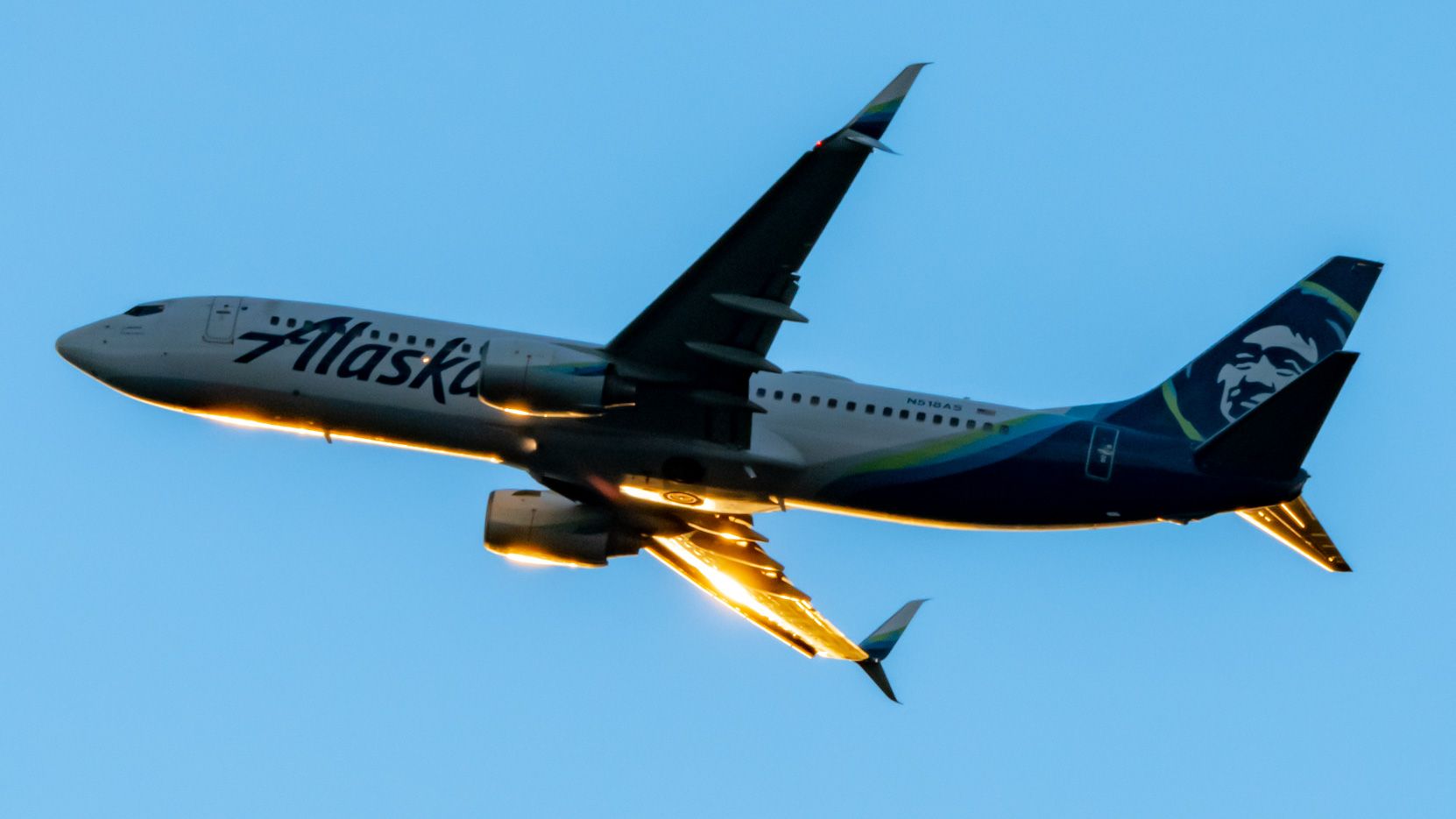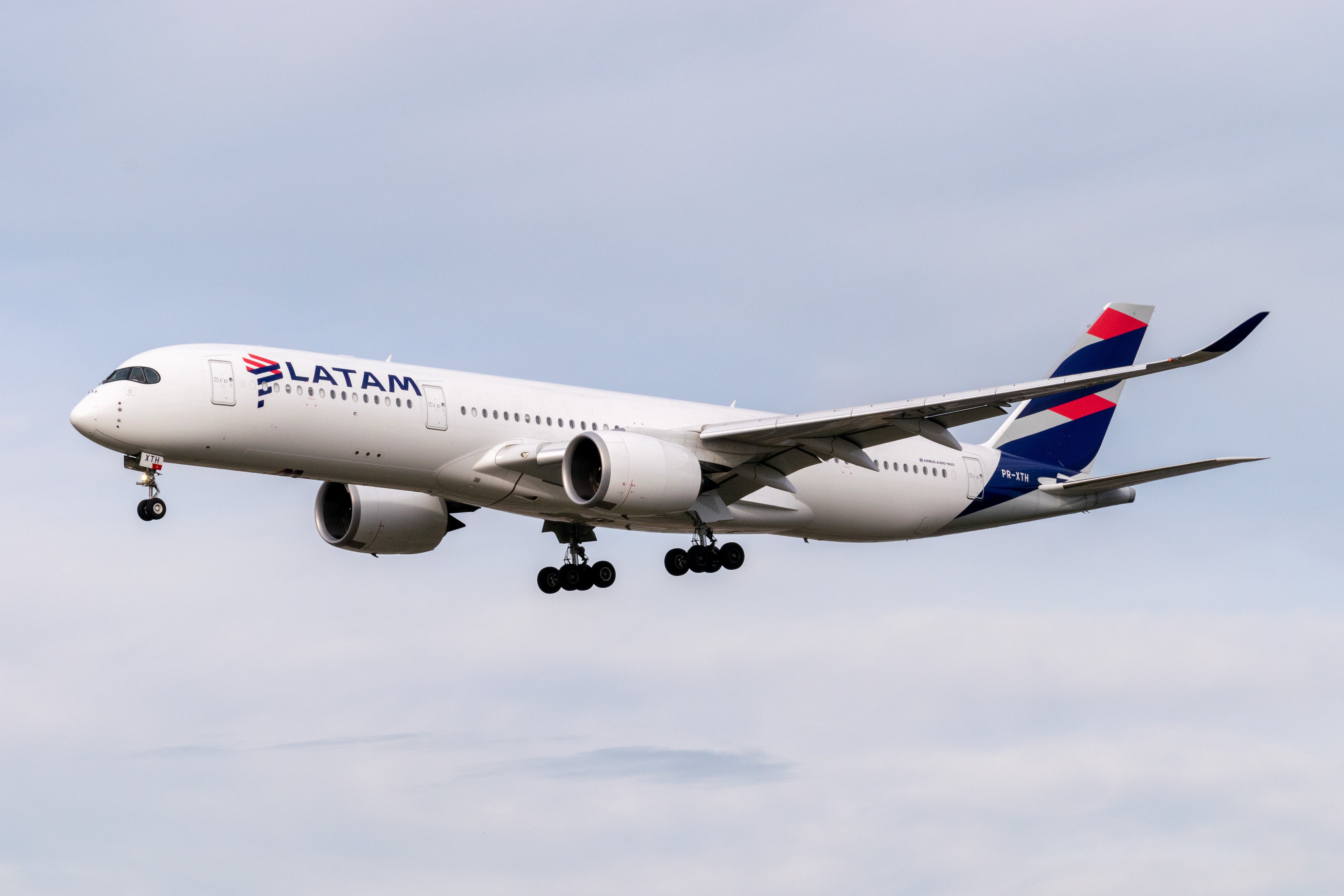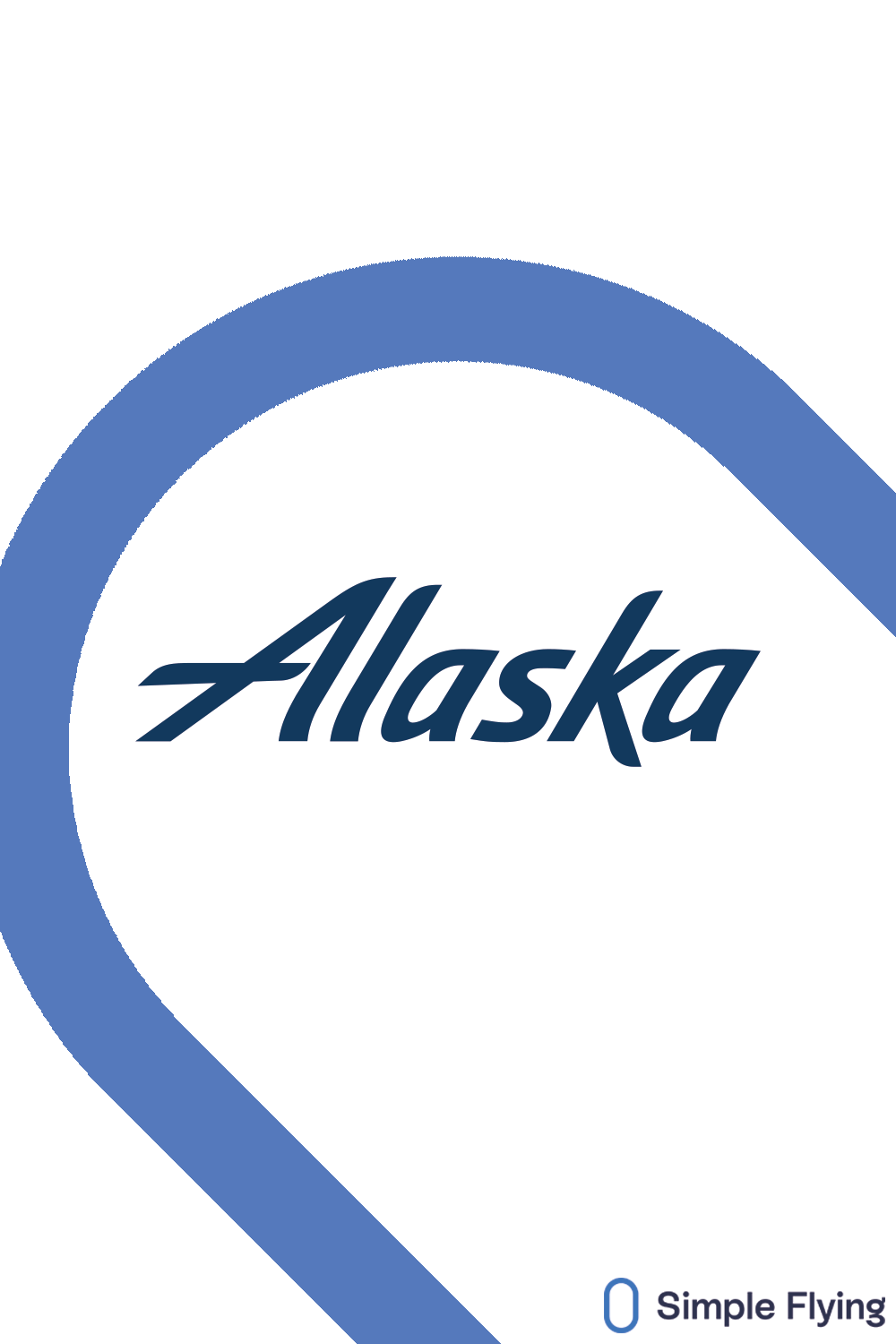Alaska Airlines has completed its transition from plastic cups to more sustainable alternatives. The airline has a firm commitment to sustainability as displayed by previous actions.
Making the transition away from plastic cups
Alaska Airlines has worked to eliminate 2.2 million pounds of plastic – a solid object created by refining petroleum. This includes eliminating 55 million plastic cups, which is equal to the weight of 24 Boeing 737s and would stretch a distance of 3,412 miles end-to-end. The replacements are Forest Stewardship Council (FSC) certified paper cups in main cabin, and in first class reusable glassware and ceramic mugs.
Who and what is the Forest Stewardship Council
The Forest Stewardship Council was founded in 1993 as a voluntary certification for sustainable forestry, promoting environmentally sound, socially beneficial, and economically viable management of the world’s forests. As such, the council promotes wood-based products from spatulas to paper to items of furniture when the raw materials are harvested sustainably.
The FSC only certifies products that are sourced from companies that do not use either child or slave labor, have anti-discrimination policies and respect the right to collective bargaining. Considering the airline industry’s high levels of unionization, the last point is important.
Alaska Airlines continues its work towards sustainability
This latest move is one of a ream of actions Alaska Airlines has taken to increase the sustainability of commercial aviation. The airline has taken significant steps ranging from purchasing fuel-efficient 737 MAX family aircraft to making the passenger experience more sustainable.
For instance, in 2018 Alaska Airlines removed plastic straws and citrus picks at the prompt of a 2017 Girl Scout member called Shelby O’Neil who asked Alaska Airlines to eliminate single use plastic. In 2017, Alaska Airlines used 22 million such non-recyclable items. At that same time, Alaska Airlines also replaced its juice boxes and bottled beers with aluminum cans that are both lighter and easier to recycle.
In late 2021, Alaska Airlines went to boxed water. According to the airline, the boxed water is packaged in recyclable, 92% plant material sourced from sustainably harvested trees. Even the resealable cap comes from leftover materials in the paper-making process. Furthermore, pivoting to boxed water eliminates 1.8 million pounds of plastic waste.
Finally, Alaska Airlines has been working towards encouraging passengers to bring water bottles to fill before their flight. This is promoted with the hashtag of #FillBeforeYouFly. Diana Birkett Rakow, Senior Vice President, Public Affairs and Sustainability with Alaska Airlines even said,
We’re passionate about working with our guests, employees, airports and partners to reduce waste, protect habitats and improve water health.
Other airlines' sustainability work
One should note that these efforts are being duplicated by other airlines. For instance, the Latin American airline LATAM will cease using single use plastics, and by 2027 it aims to reach zero use of landfill. Already LATAM has reduced single-use plastics by 77% in 2022.
Other examples including British Airways ending the use of single use plastics in 2020. Also, Etihad Airways eliminated single use plastics from economy class meal service. Plus Hawaiian Airlines is working to replace plastic water bottles with aluminum. This comes as the whole industry pushes towards a more sustainable future.
As to the need to ditch single use plastics, back in 2019, IATA estimated that cabin waste would continue to increase to around 10 million tonnes a year by 2030. This would mean double the amount of aircraft waste that will be heading to landfill. Hopefully, these efforts will turn the tide.
What are your observations? Let us know with civility in the comments.


.jpg)

